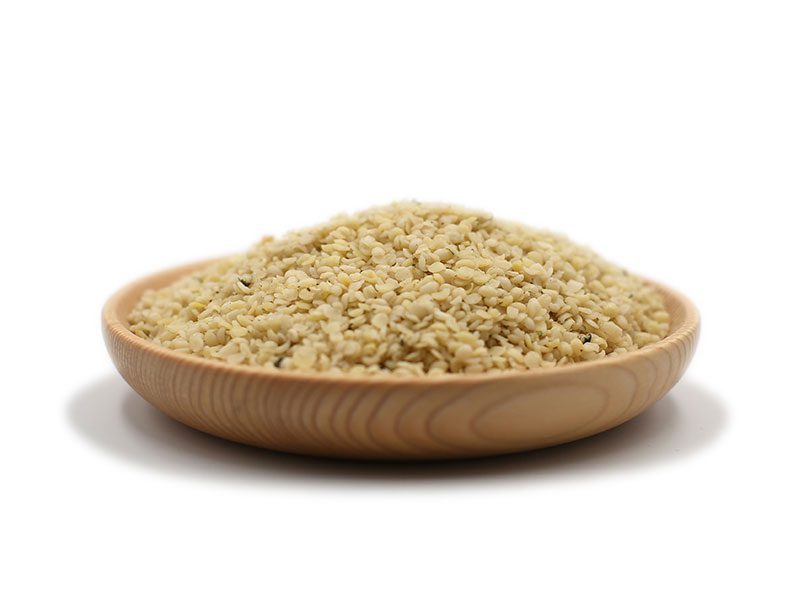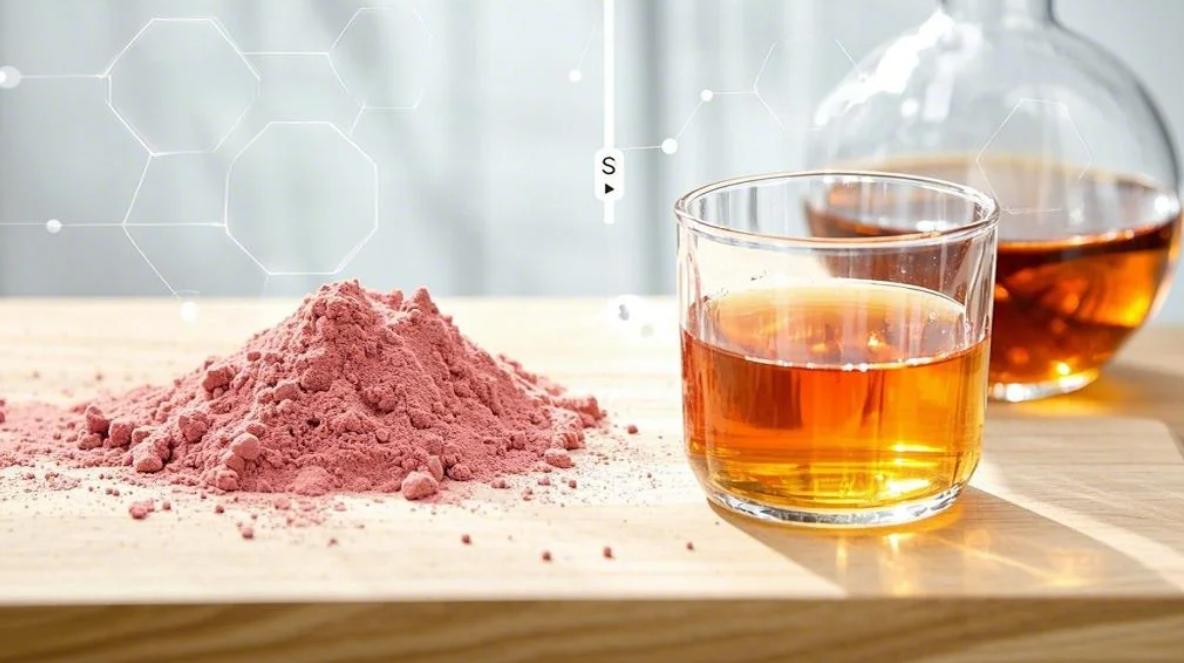Table of Contents
Hemp seeds are the seeds of the Hemp plant Hemp. Hemp seeds are nutritious and rich in healthy fats, proteins, and various minerals. Organic hulled hemp seeds, as one of the three superfoods, is the new star in the international health food market recently.
The following are some of the health benefits of scientifically supported Hemp Seeds.
Hemp seeds have incredible nutrition
Hemp seeds contain more than 30% fat. They are rich in two essential fatty acids, linoleic acid (ω-6) and alpha-linolenic acid (ω-3). They also contain gamma-linolenic acid, which is associated with several health benefits. Hemp seeds are a good source of protein because more than 25% of total calories come from high-quality protein. This far exceeds similar foods like Chia seeds and flaxseed, providing about 16-18%.
This is what the whole and shelled Hemp seeds look like:

Hemp seeds are also an important source of vitamin E and minerals such as phosphorus, potassium, sodium, magnesium, sulfur, calcium, iron, and zinc. Hemp seeds can be eaten raw, cooked, or roasted. Hemp seed oil is also very healthy, at least for 3,000 years in China as food/drugs.
Hemp seeds can reduce the risk of heart disease
Heart disease is the number one killer in the world.
Interestingly, eating Hemp seeds can reduce the risk of heart disease through several mechanisms. They contain large amounts of the amino acid arginine for the production of nitric oxide in the body. Nitric oxide is a gas molecule that dilates and relaxes blood vessels, lowering blood pressure and reducing the risk of heart disease.
In a large study of more than 13,000 people, an increase in arginine intake was associated with a decrease in C-reactive protein levels. CRP is a marker of inflammation associated with heart disease. The gamma-linolenic acid found in Hemp seeds is also associated with reduced inflammation, which can reduce the risk of diseases such as heart disease.
In addition, animal studies have shown that Hemp seeds or Hemp seed oil can lower blood pressure, reduce the risk of thrombosis, and help the heart recover after a heart attack.
Hemp seeds and oil may be good for skin diseases
Fatty acids can affect the immune response in the body. This may be related to the balance of omega-6 and omega-3 fatty acids. Hemp seeds are a good source of polyunsaturated fatty acids and essential fatty acids. They have a ratio of omega-6 to omega-3 of about 3:1, which is considered to be in the optimum range.
Studies have shown that providing Hemp seed oil to people with eczema can improve blood levels of essential fatty acids. It also relieves dry skin, improves itching and reduces the need for skin medications.
Hemp seeds are an important source of plant protein
About 25% of the calories in Hemp seeds are from proteins, which is relatively high.
In fact, Hemp seeds provide a similar amount of protein to beef and lamb by weight. 30 grams of Hemp seeds or 2-3 tablespoons provide about 11 grams of protein. They are considered to be a complete source of protein, which means they provide all essential amino acids. Essential amino acids are not produced in the body and need to be obtained from the diet.
A complete source of protein is scarce in the plant kingdom because plants often lack the amino acid lysine. Quinoa is another example of a complete source of plant protein. Hemp seeds contain large amounts of the amino acids methionine and cysteine and very high levels of arginine and glutamic acid. The digestibility of cannabin protein is also very good – better than proteins from many grains, nuts, and beans.
Overall, Hulled hemp seeds are incredibly healthy. They might just be one of the few superfoods that are actually worthy of their reputation.

